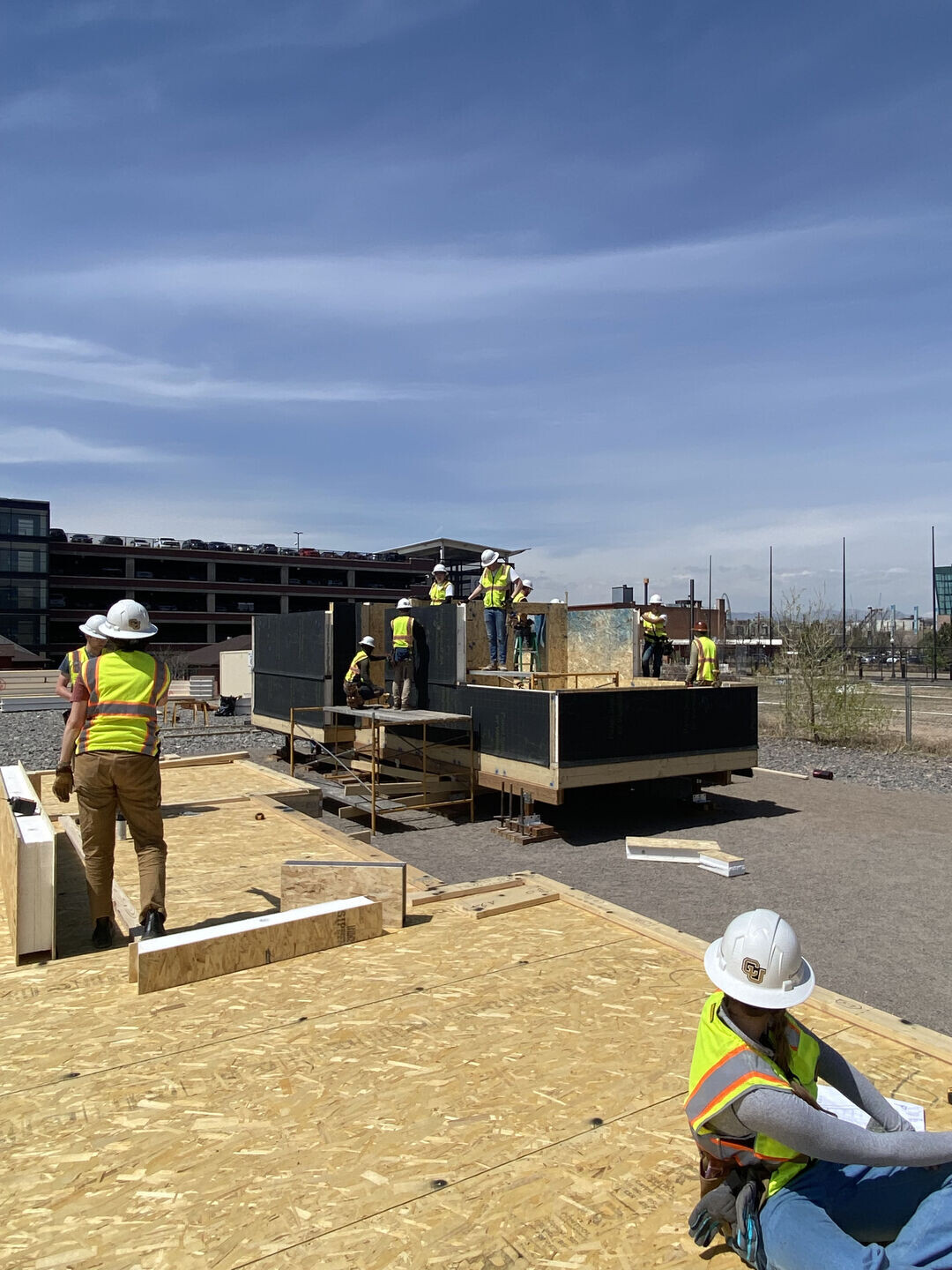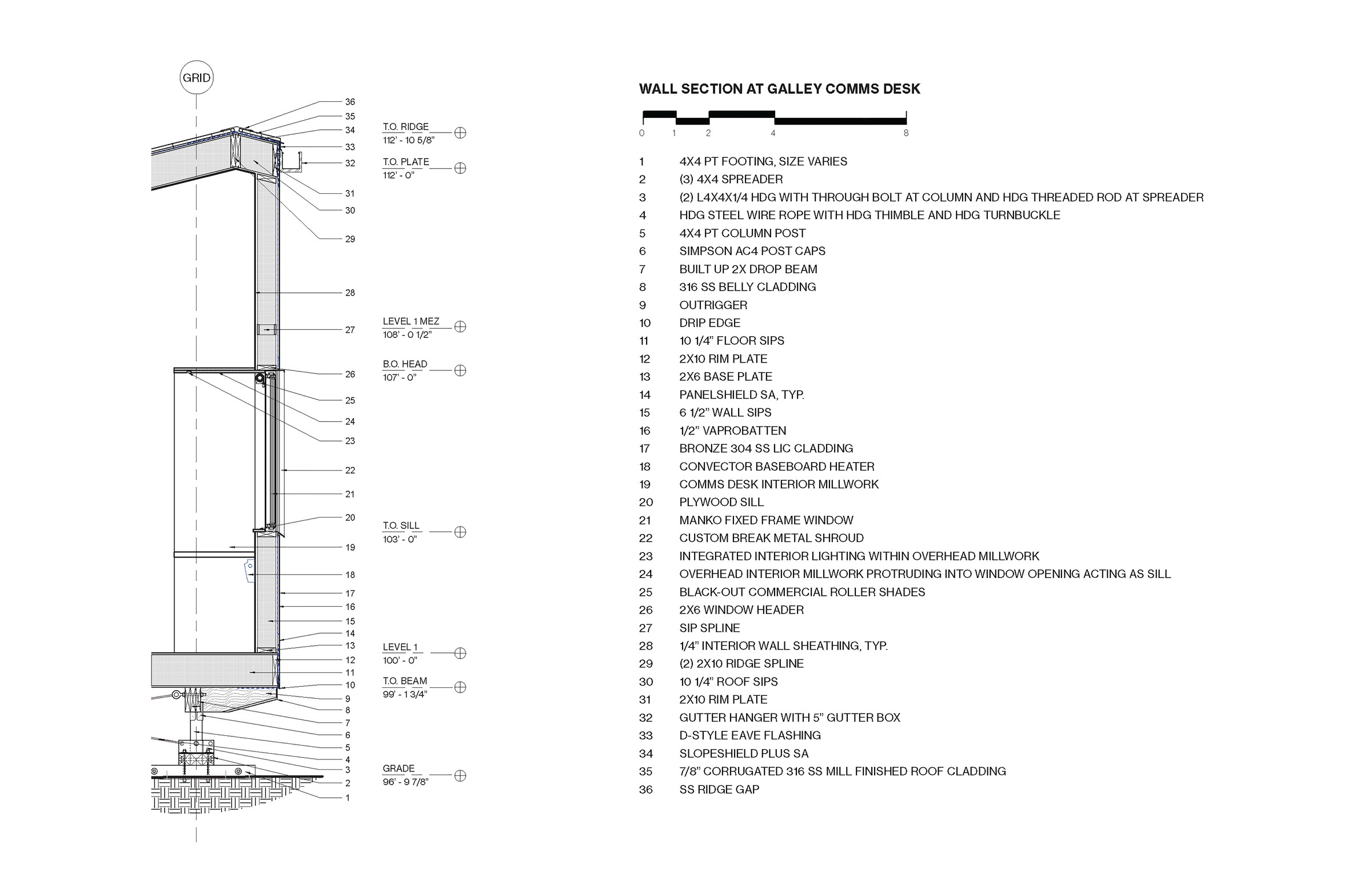The National Oceanic and Atmospheric Administration (NOAA), National Marine Fisheries Service (NOAA Fisheries), Antarctic Ecosystem Research Division (AERD), located at the Southwest Fisheries Science Center (SWFSC), has conducted integrated ecosystem assessments around the Antarctic Peninsula and South Shetland Islands since 1986. AERD manages and implements the U.S. Antarctic Marine Living Resources Program (U.S. AMLR Program). The principal objective of the U.S. AMLR Program is to collect data and perform analyses that form the basis of scientific advice relevant to management of all fisheries in the Southern Ocean, with a particular emphasis on the Antarctic krill fishery.





For over 20 years, four to eight NOAA staff have occupied Cape Shirreff during Antarctica’s austral summer (approximately October to March), conducting scientific research on the population dynamics, behavior, diet, and survival of Antarctic seabirds (e.g., skuas, gulls, and penguins) and pinnipeds (fur seals and seals). Because of the COVID-19 pandemic, 2020 was the first year the camp was not occupied since it was built. The camp was reopened for an abbreviated field season in December 2021. Each year, researchers have made repairs to extend the life of the structures; however, the camp has now degraded beyond the point of repair, and thus requires replacement.





In 2021, NOAA Fisheries awarded a contract for the replacement of the facilities at Cape Shirreff to a partnership of three entities, including a new, woman-owned small business, Bespoke Project Solutions, an award-winning architecture firm, OZ Architecture, and the Colorado Building Workshop's design build certificate program for students pursuing a Master of Architecture degree within the Department of Architecture at CU Denver. The scope and design of the rebuild project include flat-packable prefabricated structures, weather-resistant construction, an off-grid power system, and housing and laboratory space for 8 scientists. The new buildings will enable the continuation of NOAA Fisheries’ long-term science-based, ecosystem-based approaches to management in the Southern Ocean.





























































